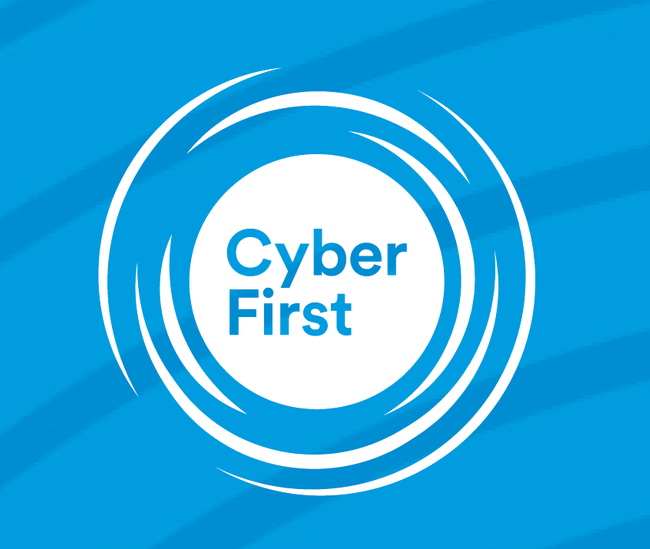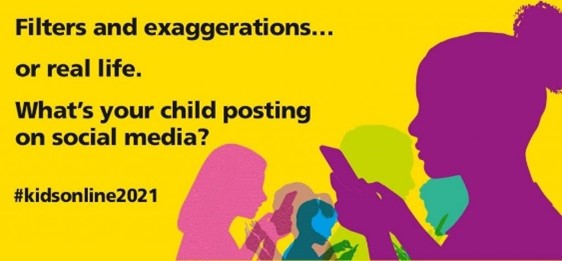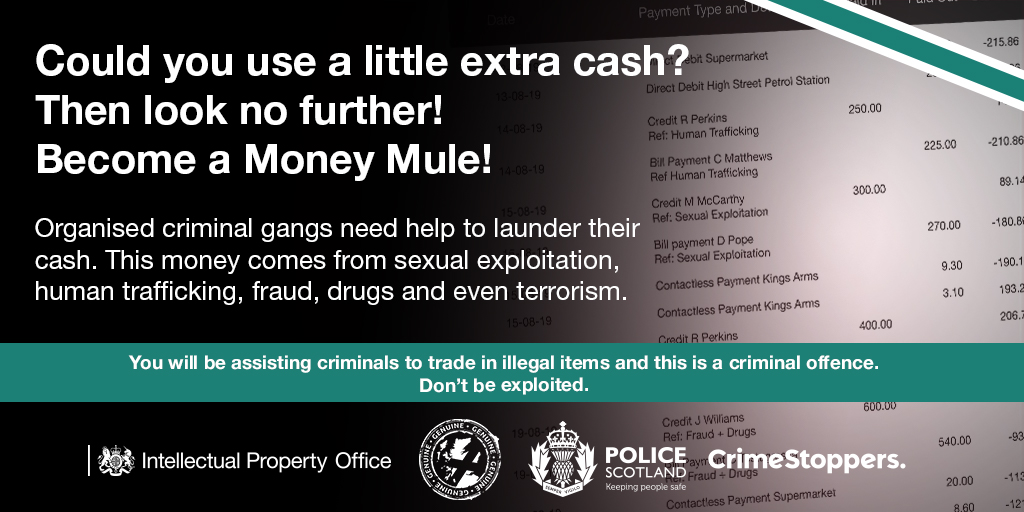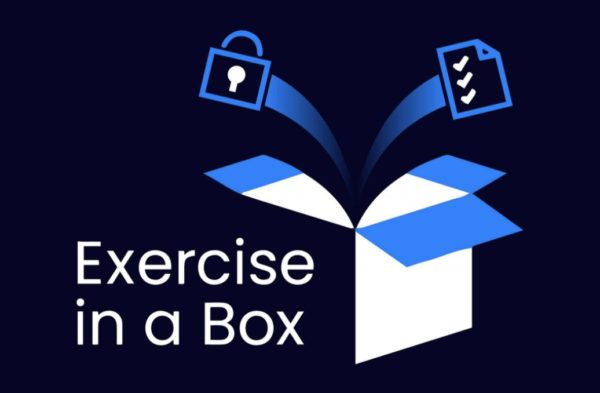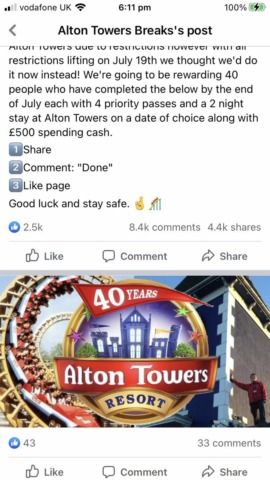Each issue, we aim to bring you real-life examples of scams, phishing emails and redacted case studies. If you have had an issue and would like to share your experience and what you have learned with others, please contact us to discuss: CyberFeedback@gov.scot We are happy to anonymise case studies.
Some scams can be a roller coaster!
Katie is a big fan of social media and spends a lot of time communicating with friends and family on Facebook, sharing photographs and tagging herself at venues when she is on a night out. That said, Katie is fairly savvy about her digital footprint and was a little concerned when she saw her friend Mary tagging her in a Facebook competition to win an all expenses trip to Alton Towers. Mary was encouraging Katie to “like”, “comment” and “sign up” to this amazing sounding competition.
Katie looked at the source of the competition – an impressive looking Facebook page set up with Alton Towers branding on 13th July – it already had 74,000 likes and looked very genuine with authentic logos and seemingly original content.
Whilst mindful of the old adage… “if it sounds too good to be true, it probably is” Katie clicked on the sign up page which took her to a broken link, with no competition details. Immediately suspicious, Katie searched the internet and quickly found information about this being a scam from Which?, one of our well known trusted sources.
The report by Which? suggested that, whilst no attempt to extract payment were made, the competition could be a tool to gather names, so that the owners of the website could harvest the credentials to spam the unsuspecting entrants with adverts. Katie was interested to note that Which? had observed that often these competitions become a vicious circle, with the more people liking the page adding to the feeling of authenticity. Katie was pleased to read that this page, and another scam involving Centre Parcs, had been reported by Which? to Facebook and the fraudulent pages were removed.
Katie was suspicious, rightly so, that this may have been a scam. Things you can do if you suspect a page you are looking at may be fraudulent include:
- Think is the deal ‘too good to be true’? – If the deal or competition is too good to be true, it probably is. A quick Google search will tell you if the legitimate company is promoting the giveaway.
- Check the URL – If you’ve followed a link, does the URL look suspicious? If it does, leave the site.
- Check your social timeline – Is there a high number of people posting or sharing the same thing? They may have been scammed.
- Check the branding – Scammers are becoming more and more sophisticated but there might be telltale signs, such as inconsistencies in the branding, that could give them away.
- Send a message – If someone you know has posted or shared something suspicious, ask them. Send them a message to make sure, as it may have been unintentional
- Contact the company directly – Reach out to the company on social media, via email or over the phone to check whether the competition or giveaway is real.
If you think you’ve come across a scam online or on social media, read the Which? guide on what to do if you think you’ve spotted a scam. The link to the full Which? report can be found here:



